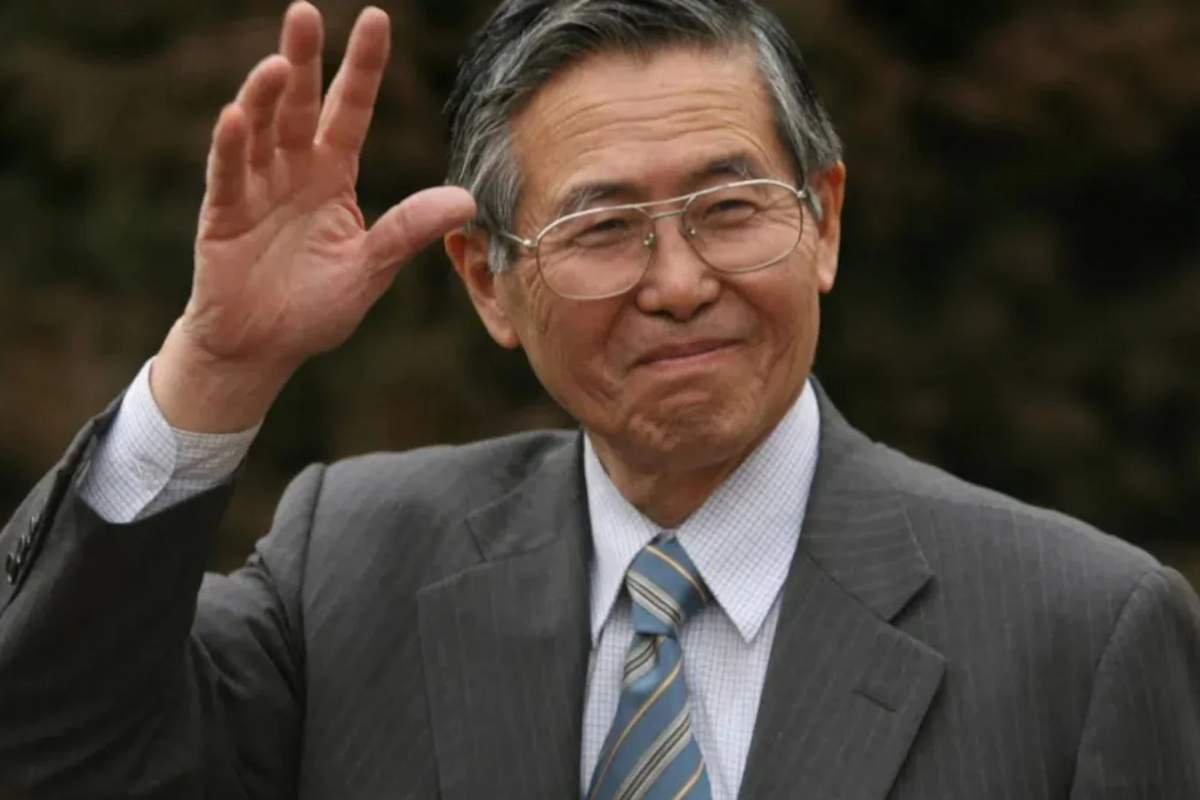Source – thedailyguardian.com
Alberto Fujimori, Peru’s former president and one of the country’s most polarizing political figures, has passed away at the age of 86. His death occurred at his daughter Keiko Fujimori’s residence in Lima, where he had been staying after receiving a pardon. Keiko, along with her siblings Hiro, Sachie, and Kenji, announced his death via a message on social media, expressing their grief and asking for prayers for his soul. Fujimori had battled cancer for years and was released from prison in late 2023 on humanitarian grounds after serving time for crimes related to corruption and human rights violations.
Legacy of Divisive Leadership
Alberto Fujimori, who led Peru from 1990 to 2000, left a deep and controversial mark on the country’s political landscape. He is credited with curbing hyperinflation and dismantling the violent Shining Path insurgency, which terrorized Peru during the late 20th century. Supporters often celebrate his firm approach to governance, claiming that his presidency brought stability and prosperity. A devoted follower, Jackeline Quispe Mendoza, described him as “Peru’s best-ever president,” citing his efforts against the Shining Path and its leader, Abimael Guzmán.
However, many Peruvians and international critics remember Alberto Fujimori for his authoritarian methods, which included dissolving Congress in 1992 and employing harsh tactics that led to widespread human rights abuses. His presidency ended in scandal after a rigged election and corruption charges, cementing his image as a leader who embraced dictatorial practices to retain power.
Convictions and Human Rights Violations
Despite his economic successes, Alberto Fujimori’s legacy is tarnished by serious legal convictions. In 2009, he was sentenced to 25 years in prison for kidnapping, murder, and human rights abuses committed during his administration. The Grupo Colina death squad, under his command, was responsible for massacres during the fight against insurgents. His trial and conviction marked a historic moment in Latin American human rights cases, and he remained a divisive figure in Peru long after leaving office.
Fujimori’s escape to Japan in 2000, after a failed re-election bid and the exposure of rampant corruption, led to his later extradition from Chile in 2007. Despite his refusal to fully acknowledge the atrocities committed under his rule, his death brings an end to one of the most controversial chapters in Peru’s political history. Some may remember him for stabilizing the economy and ending a violent insurgency, but others, including human rights advocates like Carlos Rivera, will never forget the “crimes against humanity” he committed.









